Pope Francis has openly criticized the "backwardness" exhibited by certain conservatives within the U.S. Catholic Church. He expressed concern that these individuals have shifted from faith to ideology, emphasizing that a proper interpretation of Catholic doctrine accommodates evolution over time.
The Pope's statements were made during a private meeting with Portuguese members of the Jesuit order, which he belongs to. The meeting took place in Lisbon on August 5, and the transcript of the encounter was published on Monday by the Jesuit journal La Civilta Cattolica, a publication vetted by the Vatican secretariat of state.
A Portuguese Jesuit conveyed his experiences of facing criticism from U.S. Catholics, including certain bishops, during a sabbatical year spent in the United States. Pope Francis acknowledged the sentiments shared and highlighted the "strong, organized, reactionary attitude" prevalent within the U.S. church.
He added:
"Doing this, you lose the true tradition and you turn to ideologies to have support. In other words, ideologies replace faith."
“The vision of the doctrine of the church as a monolith is wrong. When you go backward, you make something closed off, disconnected from the roots of the church,” which then has devastating effects on morality."
“I want to remind these people that backwardness is useless, and they must understand that there’s a correct evolution in the understanding of questions of faith and morals."
Many applauded the Pope's statements and expressed similar sentiments.
The pontiff's remarks serve as an acknowledgment of the deep-rooted divisions within the U.S. Catholic Church.
These divisions have historically stemmed from opposing viewpoints held by progressives and conservatives, which were reinforced during the doctrinaire papacies of St. John Paul II and Benedict XVI. The issues of abortion and same-sex marriage have particularly fueled this rift.
As Pope Francis has shifted the Church's focus toward social justice concerns such as environmental issues and poverty, his approach has been met with resistance from many conservatives. Some have deemed his views on these matters heretical, especially in regards to his stance on allowing divorced and civilly remarried Catholics to partake in the sacraments.

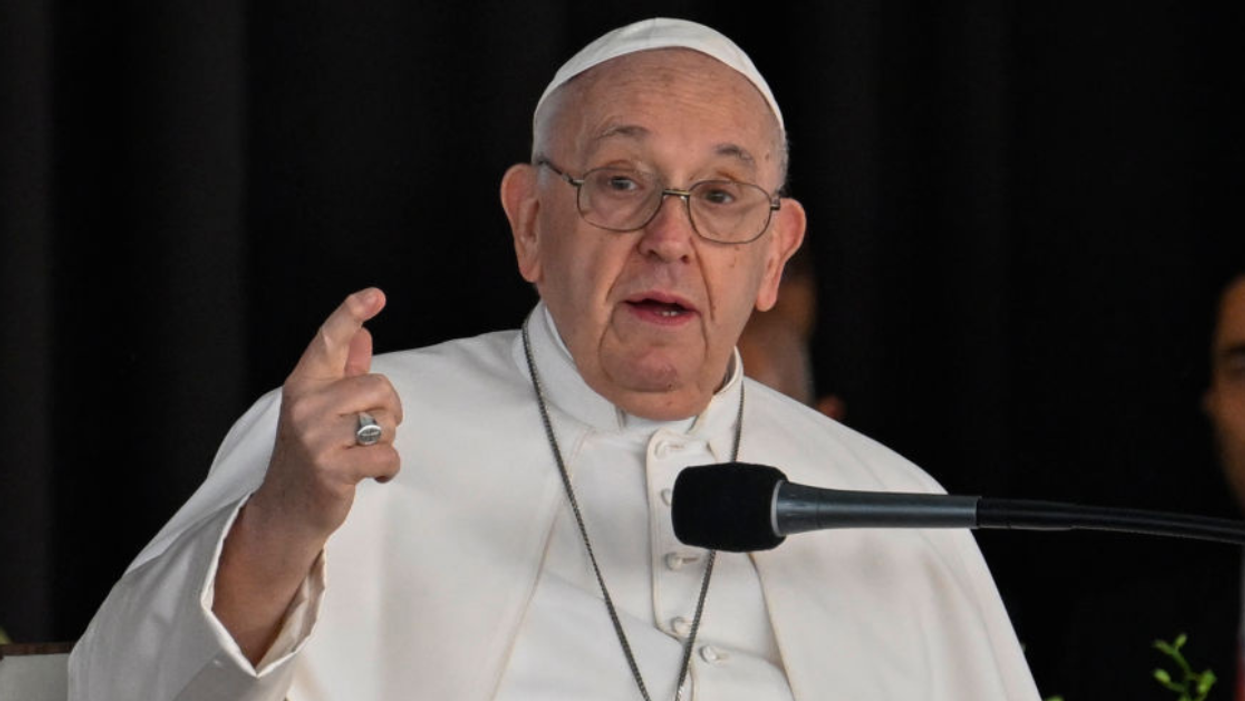


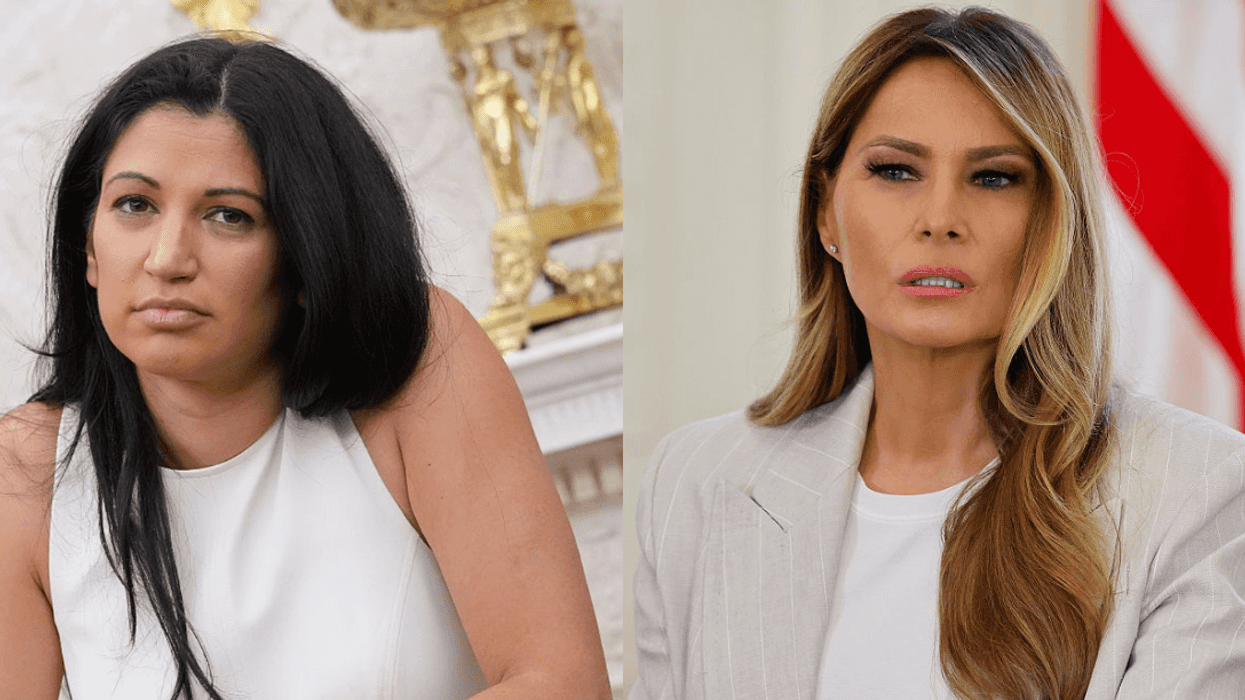



 @NICKIMINAJ/X
@NICKIMINAJ/X
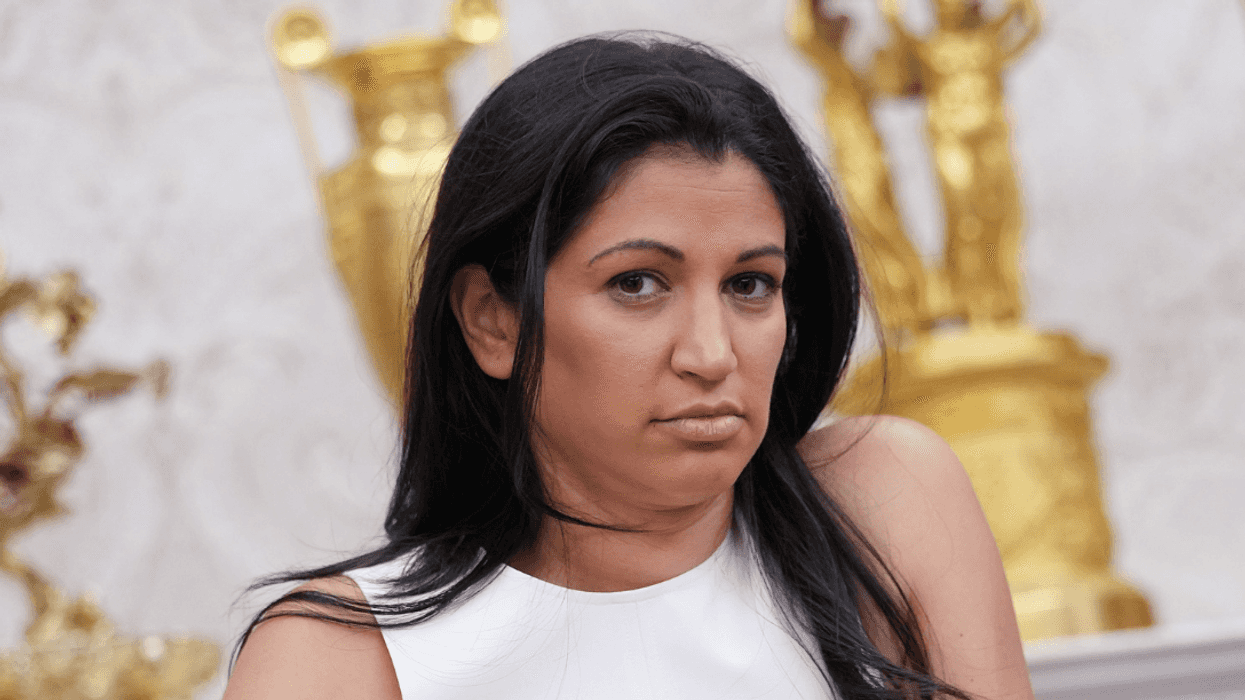




 Red Carpet Picture GIF by Robert E Blackmon
Red Carpet Picture GIF by Robert E Blackmon 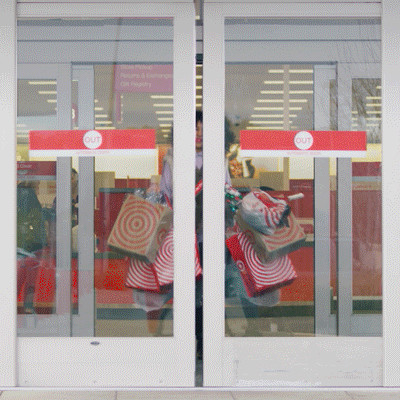 Black Friday Christmas GIF by Target
Black Friday Christmas GIF by Target  The Office Boss GIF
The Office Boss GIF  Stay Single Animation Domination GIF by gifnews
Stay Single Animation Domination GIF by gifnews 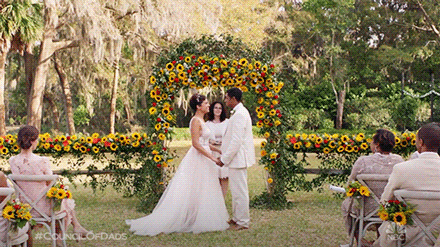 Season 1 Wedding GIF by NBC
Season 1 Wedding GIF by NBC 
 @kellymengg/TikTok
@kellymengg/TikTok @kellymengg/TikTok
@kellymengg/TikTok @kellymengg/TikTok
@kellymengg/TikTok @kellymengg/TikTok
@kellymengg/TikTok @kellymengg/TikTok
@kellymengg/TikTok @kellymengg/TikTok
@kellymengg/TikTok @kellymengg/TikTok
@kellymengg/TikTok @kellymengg/TikTok
@kellymengg/TikTok @kellymengg/TikTok
@kellymengg/TikTok @kellymengg/TikTok
@kellymengg/TikTok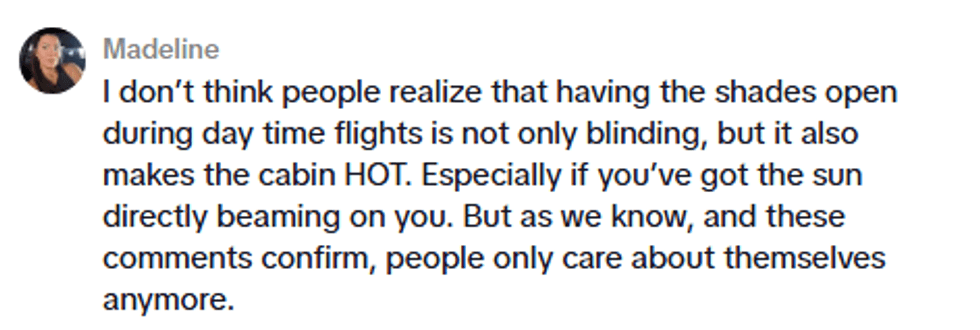 @kellymengg/TikTok
@kellymengg/TikTok @kellymengg/TikTok
@kellymengg/TikTok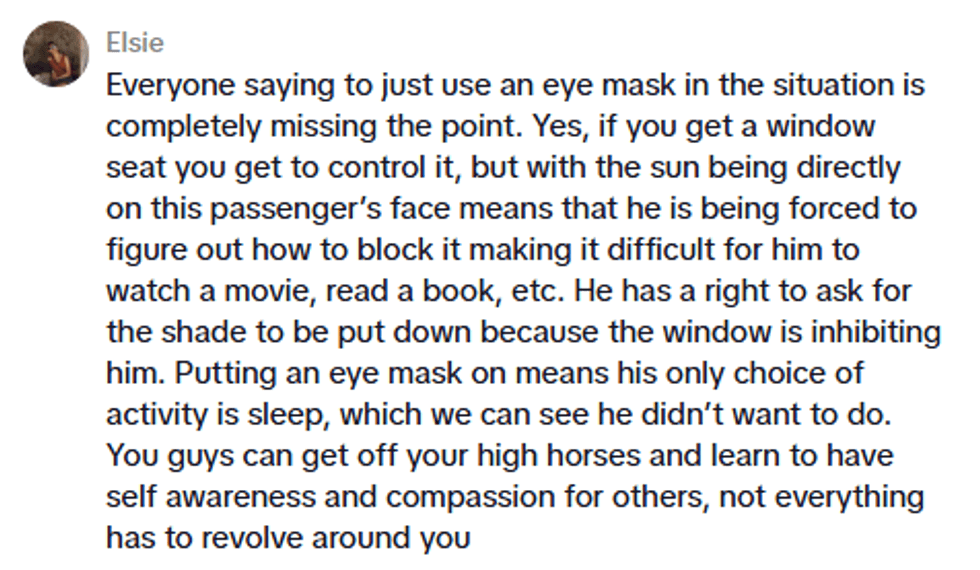 @kellymengg/TikTok
@kellymengg/TikTok @kellymengg/TikTok
@kellymengg/TikTok @kellymengg/TikTok
@kellymengg/TikTok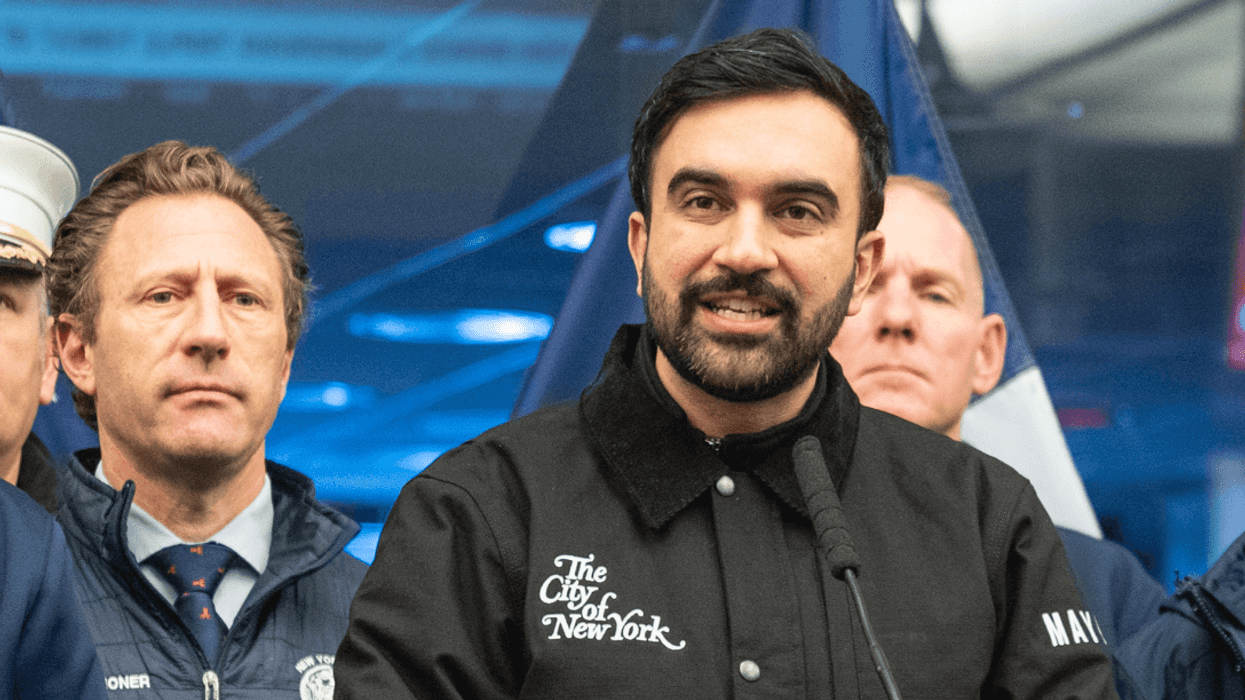
 Christina Lorey/Facebook
Christina Lorey/Facebook Barry Novak/Facebook
Barry Novak/Facebook Mary Schroeder/Facebook
Mary Schroeder/Facebook Ben Kayser/Facebook
Ben Kayser/Facebook @danobears/Threads
@danobears/Threads
 @falkthisnonsense/Threads
@falkthisnonsense/Threads @barrypiatoff/Threads
@barrypiatoff/Threads
 @sareineity/TikTok
@sareineity/TikTok @jackb7730/TikTok
@jackb7730/TikTok @theboywanders/TikTok
@theboywanders/TikTok @george199013/TikTok
@george199013/TikTok @mrtempoe/TikTok
@mrtempoe/TikTok @soxfanchris/TikTok
@soxfanchris/TikTok